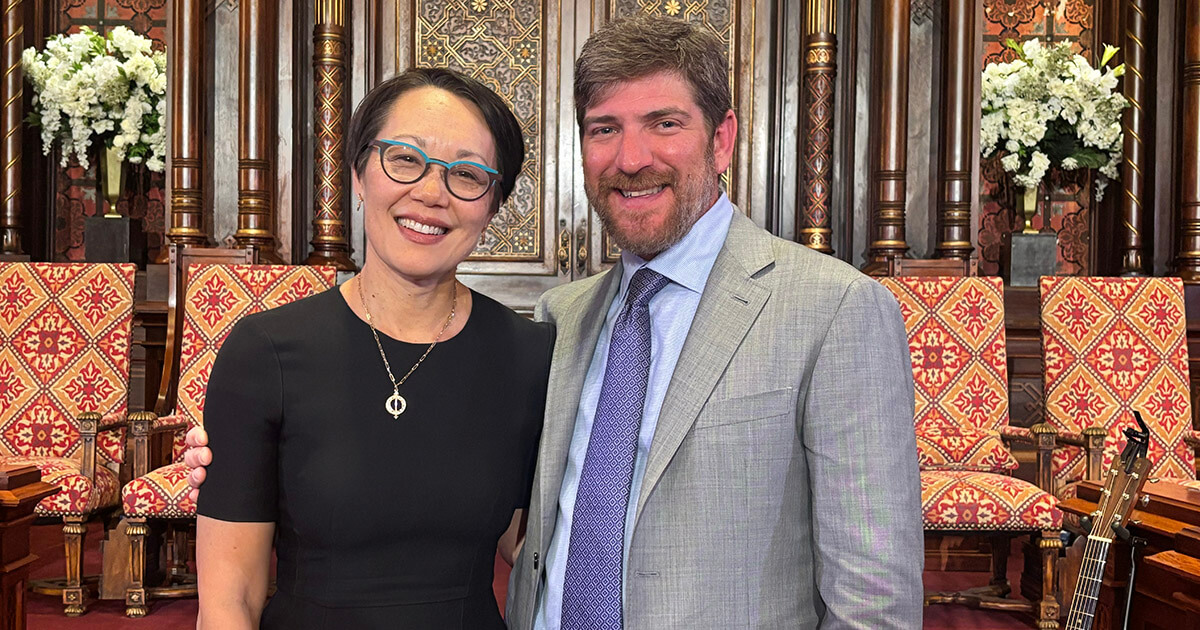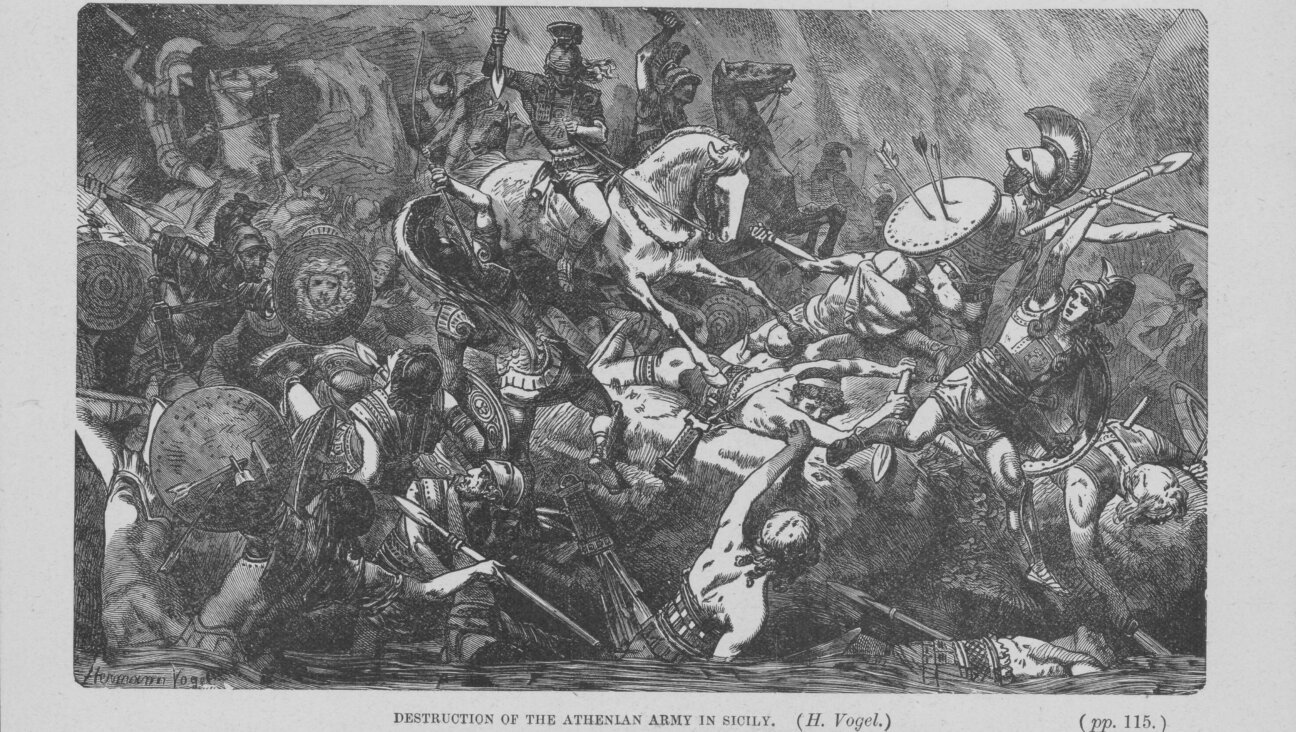Waiting Game: What Did Abbas Mean?
While Mahmoud Abbas’s meeting with President Obama was widely described as uneventful, comments the Palestinian leader made in a Washington Post interview before entering the White House have led to a feisty debate within the Jewish community.
In an interview with the Post’s Jackson Diehl, published May 29, the Palestinian president spoke freely, expressing a sense of ease and putting the onus on the Israeli government, which is already under pressure from Obama. “I will wait for Hamas to accept international commitments. I will wait for Israel to freeze settlements,” he said. “Until then, in the West Bank we have a good reality… the people are living a normal life.”
Abbas spoke of being under American pressure for the last two years and called on the United States to apply the same pressure to Israel. Other unnamed Palestinian officials were quoted in the article as saying they expect Israeli Prime Minister Benjamin Netanyahu’s coalition to collapse within a couple of years, under the weight of American pressure.
Abbas’s explicit choice of a waiting-game policy and his seeming anticipation of the fall of the elected Israeli government has raised eyebrows among those following Middle East policy. The interview was widely circulated via e-mail and was picked up by the Israeli and Arab press.
In a May 30 editorial, the New York Times decried what it said was Abbas’s “depressive passivity” as expressed in the Post interview. “He needs to do a lot more,” the Times argued. “Unless Mr. Abbas’s government does more to improve the lives of Palestinians it will surely lose again to Hamas in elections scheduled for January.”
For the Orthodox Union, the representative body of Orthodox synagogues that is known for leaning in favor of Israel’s right wing government, Abbas’s comments provided an opportunity to slam dovish Jewish groups, which in recent weeks had praised the Obama administration for pressuring Israel on the settlements issue. Writing in his blog, Nathan Diament, the group’s director of public policy, questioned whether the dovish groups have a double standard when it comes to Palestinians who refuse to take actions for peace.
“Where is the dismay of the ‘pro-peace-process’ Jewish left? Oh. They were quick last week to applaud Secretary of State Hilary Clinton for pressing Israel for a settlement freeze, and calling upon Congressman Eric Cantor to explain why he was more supportive of Israel of late than other members of Congress. But they haven’t said a word about Abbas’s transparent treachery. Does the Jewish left only exist to blame Israel?” Diament asked.
“We seek clarifications from Abbas himself, not from Washington Post columnists,” answered Ori Nir, spokesman of Americans for Peace Now, presumably one of the groups targeted by Diament’s criticism.
He explained that in a private meeting Abbas held in Washington with scholars and activists, the Palestinian president spoke of his willingness to resume talks without pre-conditions, but added he could not do so before the Netanyahu government agrees on the goal of such talks. Abbas also said, according to Nir, that there is no sense in talking as long as Netanyahu refuses to discuss the core issue. “Abbas has a point,” Nir concluded.
J-Street, another group criticized by the OU, also referred to the private meeting with Abbas. “While I can’t vouch for what was said when Diehl interviewed Abbas, I can say that in the meeting with President Abbas that I attended I heard a very different message from him,” said Jeremy Ben-Ami, the group’s executive director.
Contact Nathan Guttman at [email protected]















